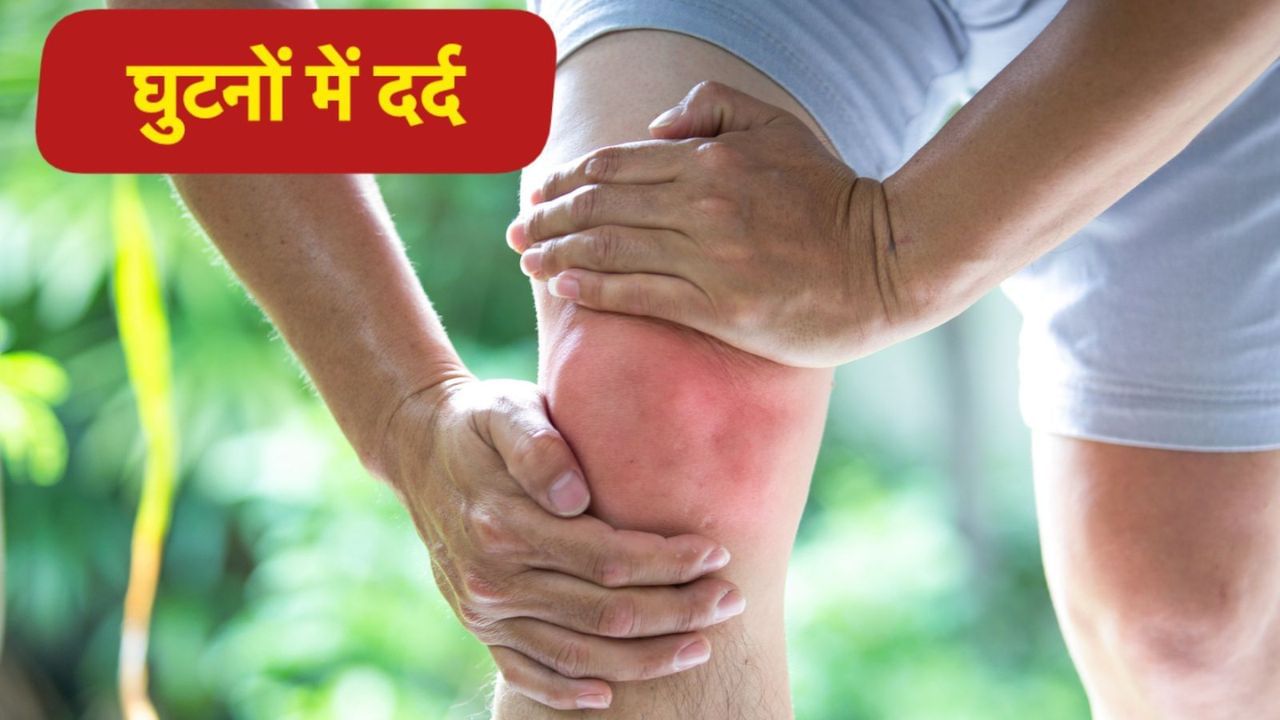Knees persistent pain Image Credit Source: Getty Images
If there is frequent pain problem in your knees, then it should not be taken lightly. It is not just the effect of fatigue or aging, but can also be associated with many serious diseases. Knee pain is also seen in the youth, especially in those who stand for a long time, do more walking or keep weight more. This problem is more visible due to weakness of bones and hormonal changes in women. If the pain continues, it can be a sign of a serious problem. In such a situation, it is very important to conduct an investigation in time, otherwise the situation can deteriorate and there may be difficulty in walking.
Knees persistent pain Along with many other symptoms also appear. Swelling, feeling tightness in the knees, difficulty in climbing stairs, sounds from knees when walking, sleep obstructing sleep due to pain, all these signs can pointing to a serious problem. Some people also feel irritation, warmth or redness in the knees, which may be a sign of swelling or infection. Therefore, knee pain should not be ignored.
Frequent knee pain is a symptom of which disease?
Professor Dr. Bhagya Garg in Orthopedic Department at AIIMS It is said that frequent pain in the knees can be associated with many diseases. The most common reason is osteoarthritis, in which cartilage between bones starts to rub and increases the pain. This disease is more with aging, but nowadays, due to lifestyle and obesity, youth are also seen. Apart from this, rheumatoid arthritis is an autoimmune disease, in which the immunity of the body starts attacking bones and joints and increases swelling and pain.
In some cases, gout also causes this, in which the increase in uric acid causes crystals in the joints and causes severe pain. Frequent knee pain can also be caused by calcium deficiency, injury or overweight in bones. If not treated on time, then this problem can affect the ability to move and move.
How to rescue?
Keep weight control and avoid overweight.
Take healthy and calcium-rich diet.
Do daily exercise or yoga.
Follow the right way to sit and walk.
Use ni cap or support if needed.
As soon as the pain increases, seek the advice of a doctor immediately.
